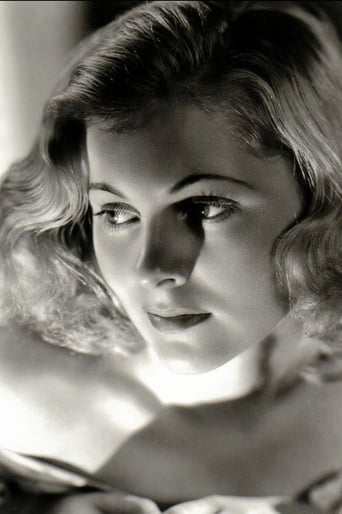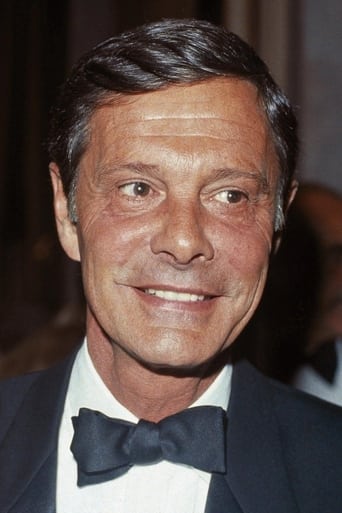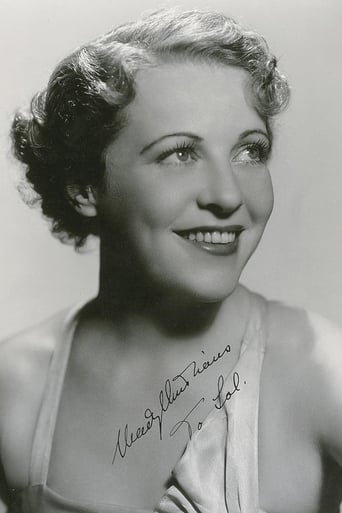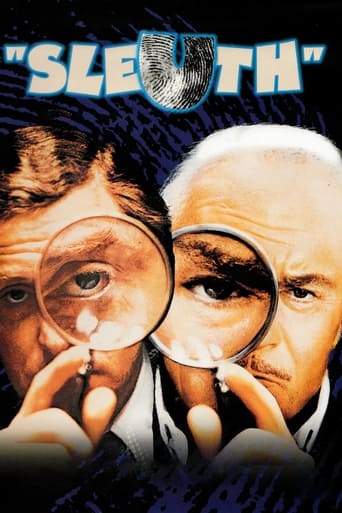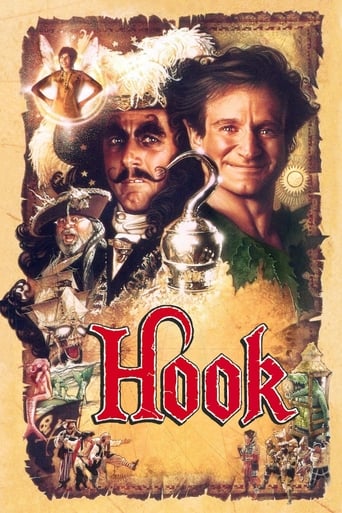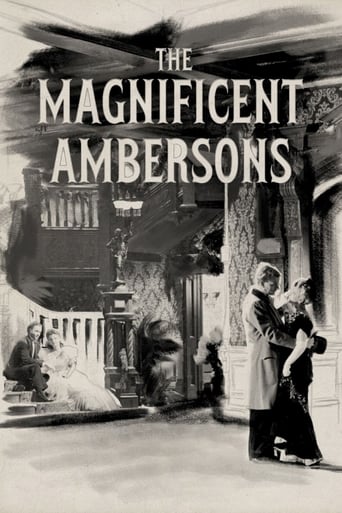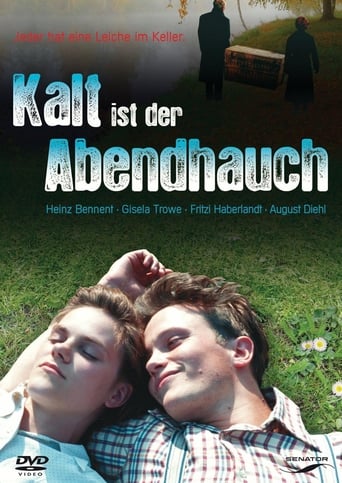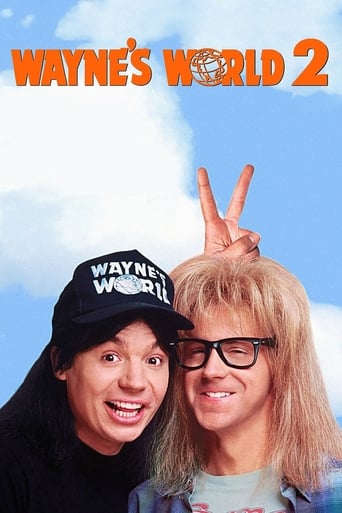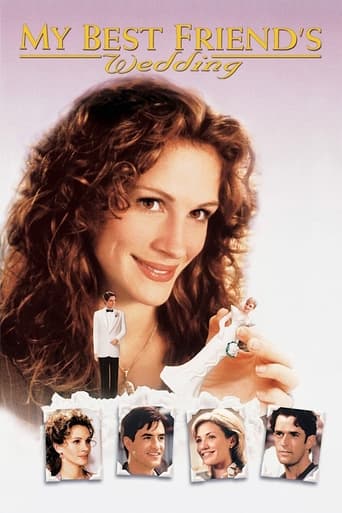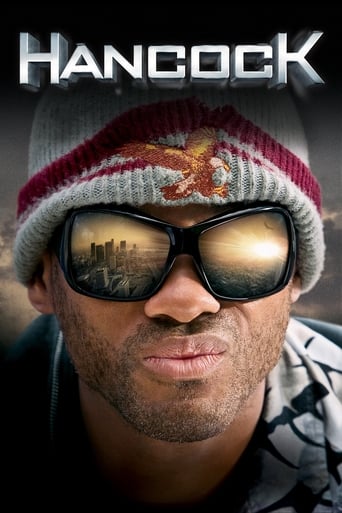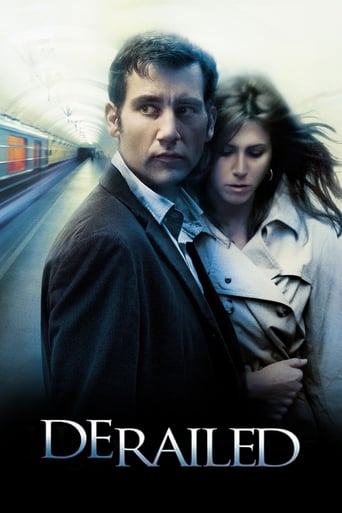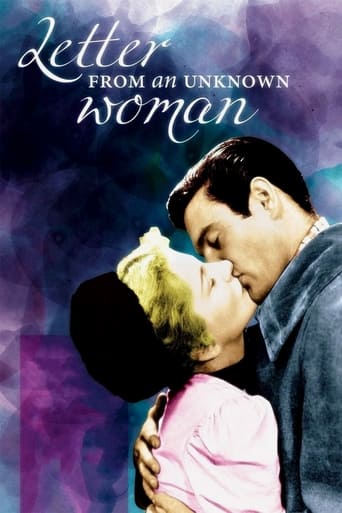
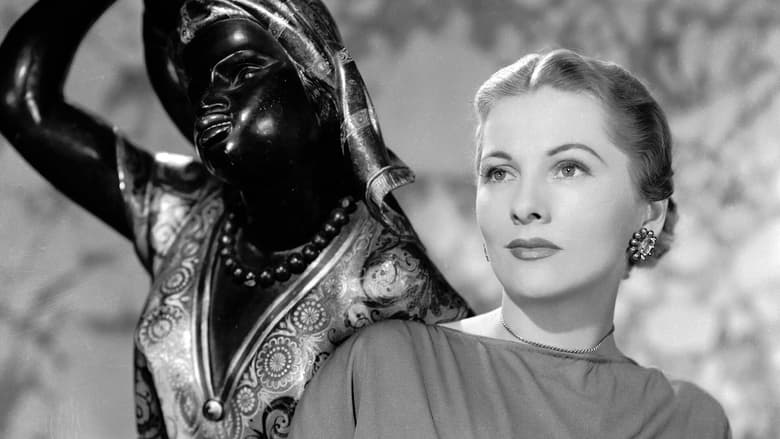
Letter from an Unknown Woman (1948)
A pianist about to flee from a duel receives a letter from a woman he cannot remember. As she tells the story of her lifelong love for him, he is forced to reinterpret his own past.
Watch Trailer
Cast


Similar titles
Reviews
Sick Product of a Sick System
Save your money for something good and enjoyable
Great Film overall
Although it has its amusing moments, in eneral the plot does not convince.
Based on Stefan Zweig's novella, LETTER FROM AN UNKNOWN WOMAN is Max Ophüls' magus opus which fails to get its fair recognition upon its initial launch, but time will attest its superlative craftsmanship and stunning aesthetics. The story itself has its beggar belief elements in its nexus prima facie, how can a man not remembering a woman who has thoroughly swept him off the feet, even just for a romantic and passionate one-night-stand? Maybe only real gadabouts can certify such occasion. But that is exactly where the story takes a leap of faith to accentuate the psychological disparity between man and woman, one is forever enticed by new possibility and ensconced in that living-for-the- moment benevolence while the other more often than not, caves in her chimera of reaching for the stars, when this occurs, thence tragedy ensues, maybe one should coin it as "fatal romanticism". Under Ophüls' impeccable aesthetics, the film evinces great melancholy from its fin-de-siècle setting and punctilious guidelines, the swooning camera-work at hand swirls with its own propulsive vitality and takes no side-on glance at the periphery, homing in on its subjects, crystallizing every emotional pulsating to the fore of plenary niceties.Joan Fontaine, scarcely credible to pass off as a teenager in the start (she was roughly 30 at that time), bides her time when her Lisa reaches adulthood, and buckles down henceforth, no matter what, she never loses her glamour and moderation, even in those pulverizing scenes of that twice- happened "two weeks curses", she is Hollywood Golden Age's screen goddess of profound implosion, an effort none-too elemental but totally falls in with Ophüls' soft-centred temperament. Louis Jourdan, kicks off his inchoate Tinseltown career with a character considerably shows his chops (although he is a few years junior to Fontaine, he tosses off the daunting job of acting well- above his real age without visible hiccups), a continent fop, debonair, talented and charmingly ingenuous, naturally women fall for him, and his downfall is that he can never be wisely selective, too many interludes, but no symphony. Music, plays a heavy part to accompany the narrative flashback, solemn, stentorian and plaintive, Daniele Amfitheatrof's score cogently speaks volumes of our protagonists' inward feelings, and once more we are convinced that Max Ophüls absolutely knows how to chisel out something intrinsically dramatic and transmute it into a magnificent and endearing heartstring tugger.
Sometimes you watch a film dealing with the story of a romance and the filmmaker will be content enough to reside in the realm of melodrama, of heightened emotions serving a tale of doomed romance - or maybe it won't turn 'doomed' per-say, but the stakes are always so monumental, incredible and just downright heightened that some in the audience may need handkerchiefs for their un-dry eyes and noses. For Max Ophuls, going past melodrama was a key thing. The ingredients in Letter from an Unknown Woman certainly make up melodrama, and as I watched the film I thought it would just comfortably rest there. But it was in the last reel - and especially in the minutes after the end, where I could let my mind catch up with what I was feeling - that this is closer to grand opera, and it's by nature of how determined, how passionate and versatile Ophuls camera is. He is such an active participant, but by making us the audience as well, that it raises the stakes even higher. This is a fabulous but painfully sad movie.It concerns the (mostly) unrequited romance between Lisa (Fontaine) and Stefan (Jourdan), the latter being a concert pianist who comes to take a room with her family when she's younger. She sees him play, and see him with his swagger and confidence, and is smitten right away. Does she know really that much about him? Who cares? The piano seems to express how soulful, how achingly beautiful he is - but more than that how he is not quite happy with how far he's gotten (when he stumbles playing at one point, it seems like maybe he breaks something in disgust with himself - and later she comments on this to him, that he hasn't found what he's looking for). But she leaves with her family and she never gets to tell him who she is or how she feels. Until...But no, the letter that Stefan is reading from is not at this point, which he comes across in his room as he is plotting to run away from a duel with a man who is after him for such and such a reason (and suffice to say you'll figure it out after a while, perhaps). They do meet some time later, when she returns to Vienna and they share one of those perfect romantic evenings that people may have in real life as well as in the movies. Unlike earlier in the story when she's shy and reserved, here she does open up a little more (though in this first real date she won't say she was there during the time they shared living quarters), and he is about the most charming guy on the planet in that moment. It's the kind of date where, I suppose this was a thing in the early 20th century, they go for a buggy ride... with the backdrop being changed by operators.It's interesting to note that at first I didn't really notice that the backdrop was fake until the buggy first stopped. And for a split moment I wondered, 'hey, come on, can it be that cheap a production to... oh, wait, no, it's supposed to be fake.' Thinking about it more, this is kind of like a good metaphor for their relationship - it has the veneer of gorgeous scope and splendor, but when you look closer it's not real. Jourdan has to go away after their very brief whirlwind romance, and she is left with a baby. She gets married, and the story goes ahead to years later, when the child is older and Lisa is now married to a well-off man.Again, you can see many parts of this story I've just described have the air of melodrama: a woman pining for a man she may (or may not) be able to have, and that her passions take on another light when seen through the framing - the framing is the essential thing, what sets it up as being all about the 'hindsight-is-always-20/20' aspect - that you don't know what you got until it's gone. And of course Fontaine and Jourdan are so terrific in their roles, with the former beaming with young love in the early scenes (I almost didn't recognize her in the slightly 'lower-class' get-up), and on through the middle section with her and Stefan's date, and Jourdan is... well, kind of a matinée idol, almost too good looking, if that makes sense, like deceptively the perfect guy.A lot of the brilliance of the film comes down to its economy of storytelling - it's a brisk 83 minutes, though it doesn't feel too short while watching it - and that Ophuls is not one to ever keep things static. Even that buggy scene where they share a magical moment of connection in conversation and perhaps more, because of that backdrop we're not feeling as if this is something stagey or stolid. And yet I don't feel like the technique is there just to please Ophuls demands for a crane shot here or there or most places; the high style is there for the high emotions, that this is a woman expressing how she felt through much of her adult life, and the fact that this guy seemed to be caring for her but on a totally superficial level, and never for very long.Letter from an Unknown Woman is a tragedy of taking things for granted, of believing love at a certain level will be reciprocated, and the fluidity of style matches the fluidity of intense emotions that, when broken, become all the more gut-wrenching.
Based on Austrian writer Stefan Zweig's novella 'Brief Einer Unbekannten', Ophuls uses all his creativity at disposal to enable his technicians to capture the cowardice of men and vulnerability of women. It is not only the leading pair who serves as a good example of cowards and vulnerable people. There are also some secondary characters who provide fitting description to words such as coward and vulnerable. The names of the woman's mother and her husband come to mind to provide a suitable description. In 'Letter from an unknown woman', Max Ophuls celebrates the immense power of a letter to convey feelings of disappointment arising out of a failed love affair. The letter in question is quite a long one. It was drafted by a woman to tell her doomed life to her lover. Ophuls depicts all the troubles which a woman is compelled to take in order to get love. It would not be wrong to state that love is out of fashion in current times. It has been replaced by something which resembles love but has a certain amount of physical force. There were times in the past when intense feelings of love were appreciated. 'Letter from an unknown woman" is one such film which has the ability to transport viewers to a time when love mattered a lot.
I guess I ain't got no class. I'm one of those who don't particularly appreciate this film. Not a bad film, and there are things I quite admired about it, but it didn't quite capture my fancy.The pluses: 1. A lot of care was taken here to make it seem authentic to Germany in that era. The street bands and the imaginary train travel. And a few of the sets are downright enchanting. Very nice touches...the type you rarely see.2. The link between the beginning and the end of the film. I won't mention what it is, but it did surprise me. And, it's clever.The minuses: 1. As with one of her other films, I had difficulty believing Joan Fontaine as a teenager in the beginning of the film...when she was actually 31 years old. Perhaps they should have just used a child actor for that part of the film.2. I didn't feel that Louis Jourdan's character was developed very well.In terms of acting, Joan Fontaine does well as the lead actress...once she becomes an adult. However, I don't feel this is close to being her best role; try instead "Suspicion" or "Rebecca". Louis Jourdan was fine as the cad, and I must admit that his piano playing seemed almost real. Art Smith had an interesting role as a mute servant. The remainder of the roles here are short, and the supporting actors do their jobs. But all the focus is really on Fontaine and Jourdan.It's a good film, but in my view, not a great film.


